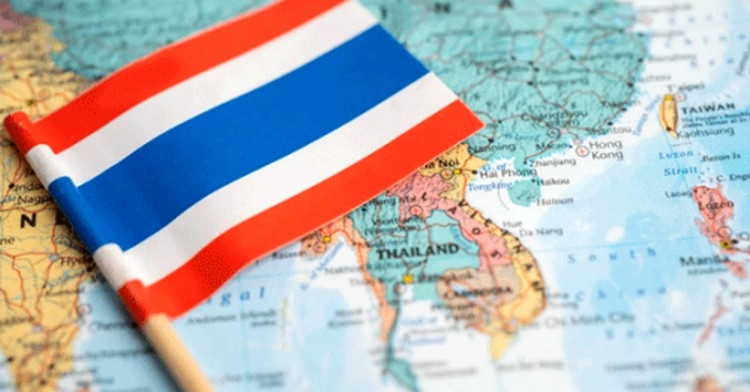
Claims that the visa exemption scheme is encouraging criminality have dominated immigration news in the past month. The Pheu Thai government introduced a 60 days visa-exempt arrival scheme at airports, border posts and ports in 2024. It covers over 90 percent of foreign tourists visiting the kingdom and allows a further month’s extension.
Call centre scams, drunken behaviour, street brawls, sexual escapades on the beach, illegal working and human trafficking have all been blamed on the government‘s encouragement of foreign arrivals. The fate of tourists in hospital uninsured and unable to fund their treatment has also been cited.
The Thai Hotels Association has now joined the negative clarion call by highlighting the illegal, short-term renting out of condominium units to foreigners together with cases of tenants damaging property or overcrowding accommodation to the annoyance of law-abiding residents.
Sisdivachr Cheerwarattanaporn, president of the Association of Thai Travel Agents, claimed that weak law enforcement was mainly responsible for tourist-related woes. It was suggested that the 60 days visa-free policy should be reduced to 30 days even if that would slightly reduce the overall international numbers.
However, other sources say the visa policy is not to blame. They point out that the earlier policy of granting 30 days visa-exempt allowed a further month’s easy extension at local immigration which totalled 60 days in any case. Same day border hops were another way of extending vacation time in Thailand up to six months altogether.
Immigration lawyer Jessataporn Bunnag said the visa-exempt rules had changed several times in the past. For example, the military-backed government following the 2014 coup had specified a 45 days span plus a 30 days extension (75 days in total), although fewer countries were eligible at that time to enter without prior approval.
However, a major change is due on April 1 2025 when all tourists will be required to fill in an online entry authorization form – in advance of travel – giving their biographical and contact details as well as their travel and accommodation information. The Ministry of Foreign Affairs has denied this move is a visa in disguise, but immigration officers say it is part of a move to integrate several data bases to identify unwanted visitors. As ever on visa matters, only time will show.










